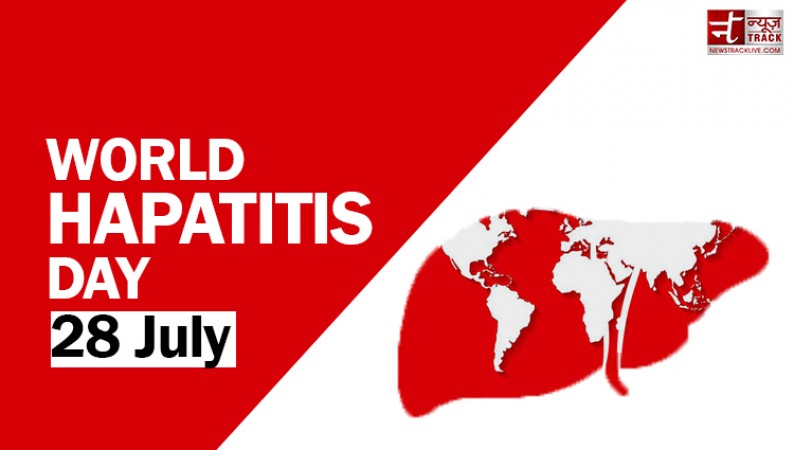
Every year on July 28, people around the globe come together to observe World Hepatitis Day. This significant event aims to raise awareness about viral hepatitis, highlight its impact on global health, and promote actions to combat this silent epidemic. Organized by the World Health Organization (WHO) and other partner organizations, the day serves as a crucial platform to foster understanding, encourage preventive measures, and advocate for policies that can lead to the elimination of hepatitis as a public health threat.
The Burden of Hepatitis: Viral hepatitis is a group of infectious diseases caused by various hepatitis viruses, including hepatitis A, B, C, D, and E. These viruses primarily affect the liver and can lead to severe health consequences, such as liver cirrhosis, liver cancer, and in some cases, death. According to the WHO, an estimated 325 million people globally are living with chronic hepatitis infections, with hepatitis B and C being the most prevalent types.
Hepatitis affects people of all ages, races, and socio-economic backgrounds, but it disproportionately impacts vulnerable communities, including those with limited access to healthcare, injection drug users, and people living in poverty. The burden of hepatitis is significant, but it often goes unnoticed or neglected compared to other infectious diseases, making World Hepatitis Day an essential platform to bring the issue to the forefront.
World Hepatitis Day serves several critical objectives: Raising Awareness: The day aims to increase public awareness about hepatitis, its modes of transmission, preventive measures, and the importance of early detection and treatment.
Promoting Testing and Diagnosis: Encouraging individuals to get tested for hepatitis is a key focus of this event. Early diagnosis can lead to timely treatment and prevent the progression of the disease.
Preventing Transmission: Through education and awareness campaigns, the day aims to promote strategies that can reduce the transmission of hepatitis, such as practicing safe sex, avoiding the sharing of needles and personal items that may be contaminated, and promoting vaccination where applicable.
Advocating for Access to Treatment: Many hepatitis infections can be treated effectively if detected early. World Hepatitis Day advocates for improved access to affordable and quality treatment options for all.
Elimination Goals: The ultimate goal of World Hepatitis Day is to align efforts towards eliminating viral hepatitis as a public health threat by 2030. This involves working on prevention, testing, diagnosis, and treatment simultaneously.
Empowering Communities: Community engagement plays a vital role in combating hepatitis. World Hepatitis Day events often involve local communities, patient organizations, healthcare providers, policymakers, and various stakeholders. These events provide an opportunity to empower communities by:
Providing Information: Educating communities about hepatitis, its modes of transmission, and prevention strategies empowers individuals to protect themselves and their loved ones.
Reducing Stigma: Hepatitis can carry social stigma, hindering testing and treatment. By promoting a supportive and understanding environment, World Hepatitis Day aims to reduce this stigma and discrimination associated with the disease.
Encouraging Advocacy: Communities are encouraged to advocate for policies and programs that enhance access to healthcare services, vaccination programs, and affordable treatment options.
Global Efforts and Progress: World Hepatitis Day has been instrumental in increasing global attention to hepatitis. It has led to various initiatives, research projects, and collaborations aimed at eliminating the disease. Governments and organizations worldwide have launched national hepatitis plans and strategies in line with the WHO's global hepatitis elimination goals.
Significant progress has been made, but challenges remain. Access to testing and treatment is still limited in many regions, and funding for hepatitis elimination programs needs continuous support. World Hepatitis Day acts as a reminder that collective efforts are essential to achieve the elimination targets and improve the lives of millions affected by viral hepatitis.
World Hepatitis Day serves as a powerful catalyst for change, inspiring action against viral hepatitis and its devastating consequences. By raising awareness, empowering communities, and advocating for accessible healthcare, testing, and treatment, the day brings the world closer to the goal of eliminating hepatitis as a public health threat. As individuals, communities, and nations unite to observe this day, we take a significant step forward in the fight against hepatitis and towards a healthier, hepatitis-free world.